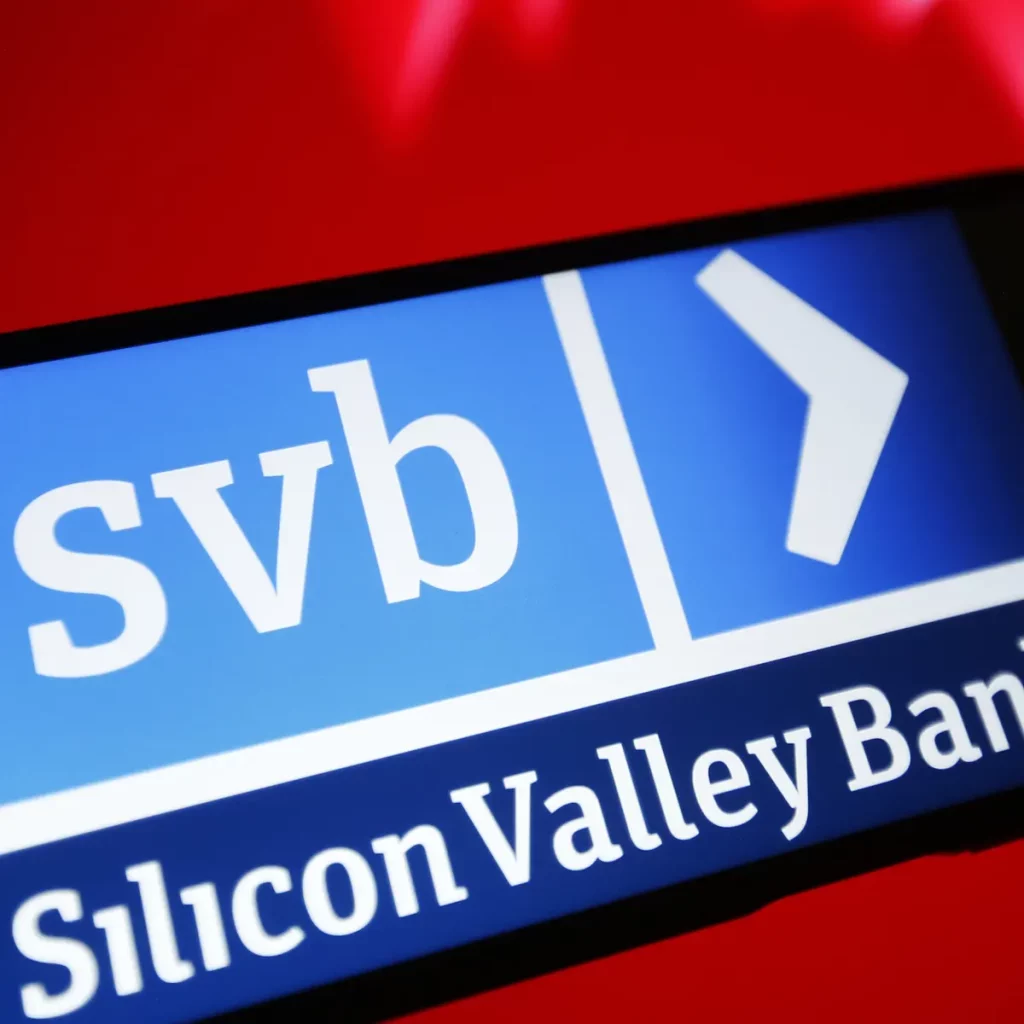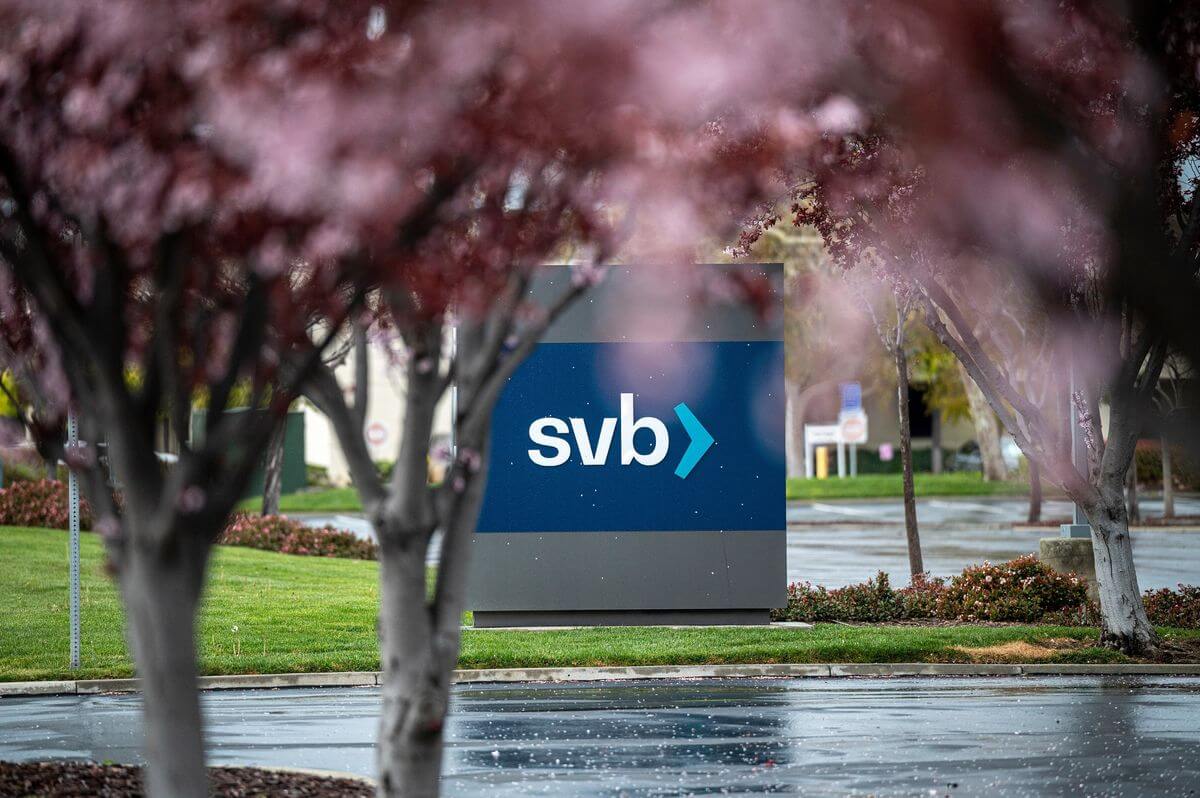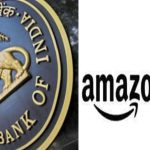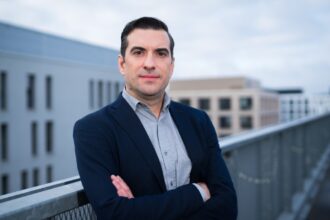The US government has taken care of the Silicon Valley Bank fiasco. This is good news for many business owners whose funds the bank had held hostage, making it difficult for them to operate their companies and pay their employees on time. Treasury Secretary Janet Yellen approved Federal Deposit Insurance Corporation (FDIC) safeguards for all depositors on March 12. In the event that Silicon Valley Bank was resolved, stockholders and some unsecured debtholders would not be protected, but taxpayers would not suffer any damages as a result, according to the official statement issued jointly by the Department of the Treasury, Federal Reserve, and FDIC.

On March 13, the bank would grant depositors complete access to their funds, and as per legal requirements, the bank would reimburse any losses incurred by uninsured depositors through a special assessment on banks. The Federal Reserve Board would also replace the bank’s senior management. It provide additional funds to eligible depository institutions. To ensure that all depositors’ requirements were fulfilled. The startup community has praised this endeavour as a crucial lesson for the future. According to the California Department of Financial Protection and Innovation, Silicon Valley Bank failed on March 12 due to a bank run and a 60% decline in the stock market, and as a result, the Federal Deposit Insurance Corporation (FDIC) was appointed as the receiver. As of December 31, 2022, Silicon Valley Bank had about $209.0 billion in total assets and about $175.4 billion in total deposits.
Also Read: Walt Disney’s Cost-Cutting Measures Affect HBO on Disney+ Hotstar
Startups that were negatively impacted by the bank’s closure can submit claims through the FDIC’s website. The FDIC will assess the amount of uninsured deposits after getting more details from the bank and customers. Recent years have seen a rise in the popularity of Silicon Valley Bank among foreign companies considering US expansion. It provided banking tools to private equity firms and venture capital funds so they could easily switch their investments in startups. Investors like General Atlantic and Y Combinator have collaborated with SVB. Following the bank’s closure, startups all over the world were concerned about the funds they had parked there. According to Garry Tan, president and CEO of Y Combinator, 30% of the YC-backed companies exposed through SVB. They were unable to pay their employees within the following 30 days. Resulting in compensation delays for thousands of startup employees worldwide.
Over 125 venture capital firms signed a declaration to lessen the effects of the bank’s failure. And avoid a potential “extinction-level event” for Internet businesses. OpenAI CEO Sam Altman and venture capitalist Vinod Khosla both invested personal funds in companies. That were about to fail due to SVB. Many business owners who were negatively impacted by Silicon Valley Bank’s closure. They are now feeling better thanks to support from the US government. It serves as a reminder that our planet is fragile and that, in the event of a problem. We should work together to find a resolution rather than instilling fear.

















